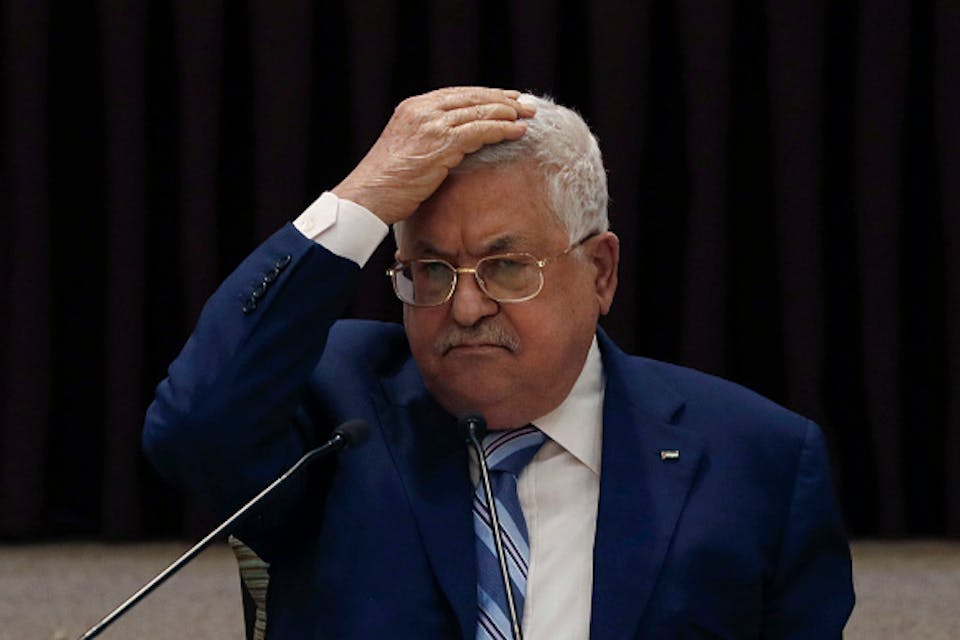
April 23, 2021
Podcast: Jonathan Schanzer on the Palestinians’ Political Mess
By Jonathan Schanzer, Tikvah Podcast at MosaicThe author of Hamas vs. Fatah: The Struggle for Palestine joins us to talk about the upcoming Palestinian elections, and what went wrong the last time.
This Week’s Guest: Jonathan Schanzer
To understand the Palestinian people and the region, one must understand the enduring cleavages and party affiliations that make up Palestinian politics.
In 2007, shortly after legislative elections that led to a surprising victory for the Islamist terrorist organization Hamas, Palestinians fought a brief civil war. By the end of the conflict, Mahmoud Abbas and his Fatah party retained power in the West Bank, while Hamas controlled Gaza. Today, the Palestinians remain divided along those same factional and territorial lines—lines that are now front and center, since Palestinian elections are once again being called for next month. If the elections go forward—and it’s now looking unlikely that they will—they will feature the first presidential election since 2005, when Abbas was elected for a single four-year term that’s now entered its sixteenth year.